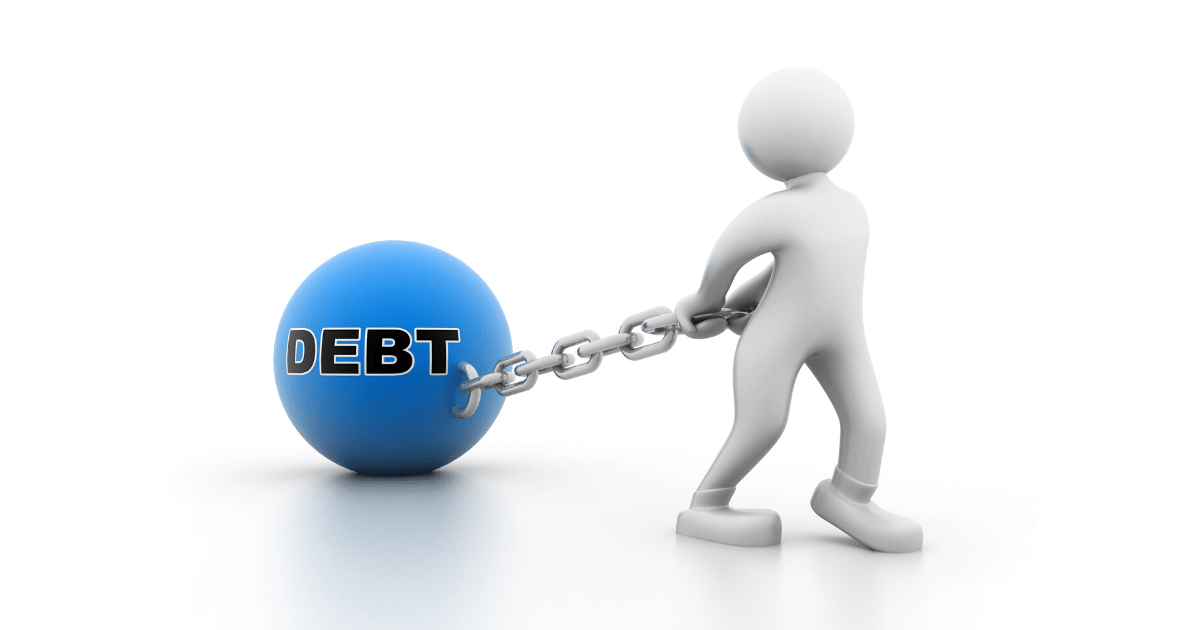By Charlestien Harris
During this time of uncertainty, a lot of people are being forced to make dire decisions that could affect their financial future for a very long time. If your financial problems stem from too much debt or your inability to repay your debts, the frequent advertisement of debt management, debt settlement or debt consolidation companies can be appealing.
Debt management, debt settlement and debt consolidation plans are not for everyone. I don’t suggest signing up for one unless a certified credit counselor has first spent time thoroughly reviewing your financial situation and has offered you customized recommendations on managing your money.
For an overview of each type of plan keep reading.
In a debt management plan, you deposit money each month in an account set up by the organization you enlisted to pay off debt. It uses your deposits to pay your unsecured debts, like your credit card bills, student loans and medical bills, according to a payment schedule the company develops with you and your creditors.
Your creditors may agree to lower your interest rates or waive certain fees. But it’s a good idea to check with all your creditors to be sure they offer the concessions that are described to you. A successful debt management plan requires you to make regular, timely payments and it could take 48 months or more to complete. Ask the debt counselor to estimate how long it will take for you to complete the plan. You may have to agree not to apply for or use any additional credit while you’re participating in the plan.
Debt settlement is negotiating with creditors to settle a debt for less than what is owed. This method is most often used to settle a substantial debt with a single creditor, but can be used to deal with multiple creditors. The prospect of paying less than you owe — far less in some cases — makes debt settlement an enticing choice for eliminating debt. Although the debt is settled, unless you get an agreement in writing that states the debt will be reported to the credit bureaus as “paid as agreed with a zero balance” and the excess debt will not be sold to another company, you can still end up dealing with the remaining debt. Often the remaining debt is sold to another debt collection agency and the process can repeat itself again and again.
Debt consolidation is an effort to combine debts from several creditors and then take out a single loan to pay them all, hopefully at a reduced interest rate and lower monthly payment. This is usually done by consumers trying to keep up with bills for multiple credit cards and other unsecured debts. If you are overwhelmed by the large amount of bills arriving at your home every month, debt consolidation may be a good option for debt relief, but only if you’re able to curb your spending habits.
All three of these options aim to make your debt more manageable. When used properly, either can help you get out of debt sooner and save money. Next week I will go into detail about the pros and cons of debt settlement and debt consolidation. As a certified credit/housing counselor, I would highly recommend you do your homework when it comes to the options discussed in this article, and if you should need additional information please contact me at charlestien.harris@southernpartners.org or 662-624-5776. Until next week, stay financially fit!
